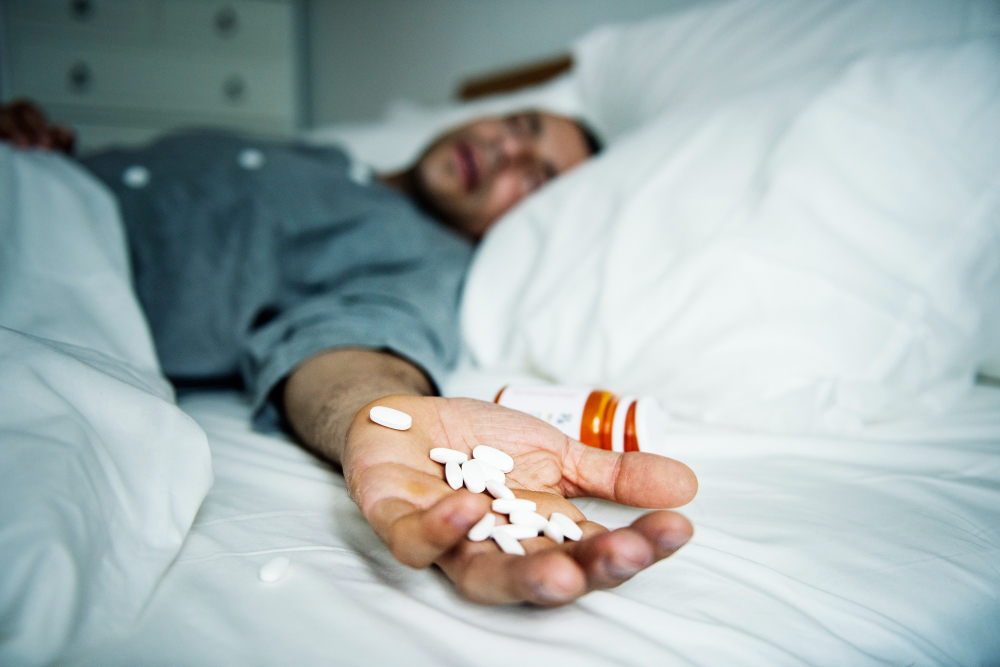Drug Overdose

Drug overdose occurs when an individual ingests or is exposed to a quantity of a substance that exceeds the body’s ability to metabolize or eliminate it, leading to toxic effects. Overdoses can involve prescription medications, illicit drugs, or even over-the-counter substances. Symptoms vary widely depending on the drug involved but may include altered mental status, respiratory depression, seizures, cardiac arrhythmias, and coma. Prompt medical attention is crucial to prevent serious complications or death. Treatment may involve supportive measures such as airway management, administration of antidotes or reversal agents (e.g., naloxone for opioid overdoses), intravenous fluids, and monitoring of vital signs. Psychological support and counseling may also be necessary to address underlying issues contributing to substance misuse.
- Immediate activation of emergency medical services (EMS) for rapid transportation to a healthcare facility capable of managing overdoses and providing appropriate medical intervention.
- Administration of naloxone for opioid overdoses to reverse respiratory depression and restore normal breathing.
- Comprehensive assessment and monitoring of the individual’s vital signs, neurological status, and organ function to guide treatment decisions and prevent complications such as aspiration pneumonia or cardiac arrest.
